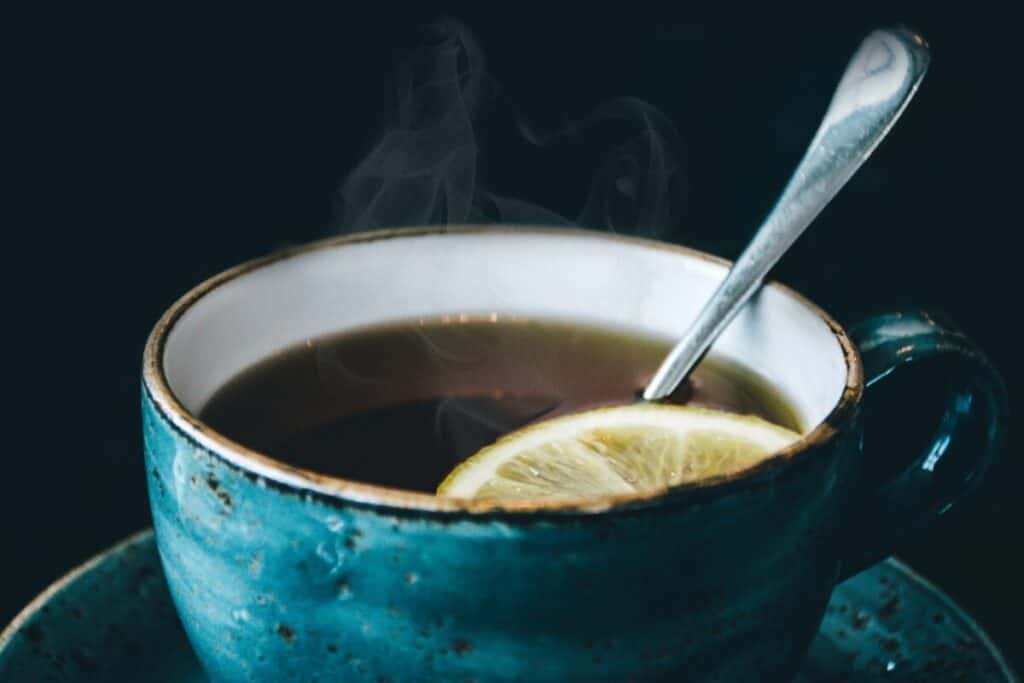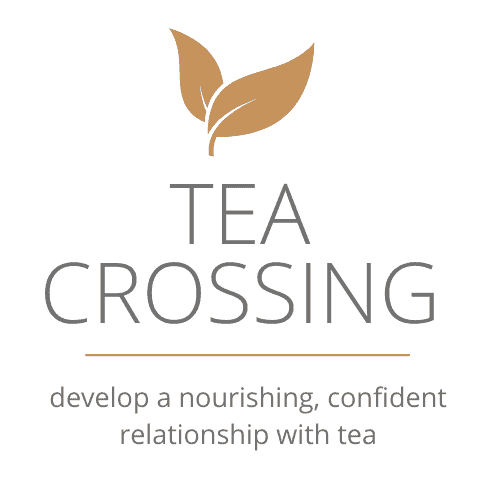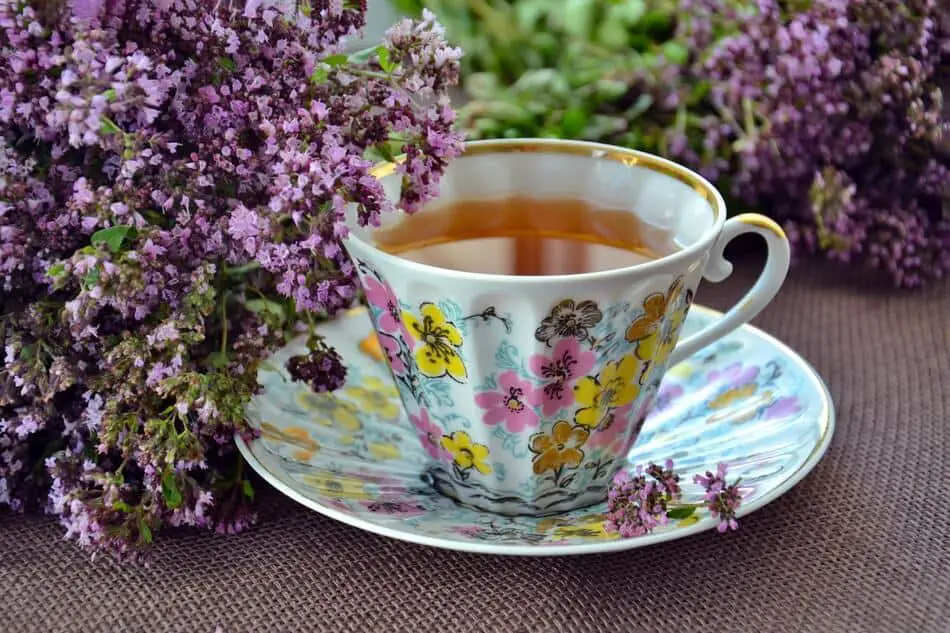How long does herbal tea stay in your system? This is a question that many people have asked, and it is a valid one. Herbal tea is made from different plants and herbs, and each of them has a different effect on the body. Some teas are meant to be consumed for medicinal purposes, while others are just meant to give you a refreshing drink. In this blog post, I will discuss how long various types of herbal tea stay in your system, as well as their effects on the body.
How Long Does Herbal Tea Stay In Your System?
There is no one definitive answer to this question as it depends on a variety of individual factors. However, we can give you some general guidance.
Herbal teas usually contain caffeine, which has a half-life of about five hours. This means that it takes five hours for the body to eliminate half of the caffeine ingested. So, if you drink a cup of herbal tea before bed, you can expect it to take around ten hours for the effects to wear off completely.
Of course, this is just an estimate and your mileage may vary depending on your unique physiology and metabolism. If you’re concerned about how long herbal tea will stay in your system, it’s best to err on the side of caution and avoid drinking it in the evening or before bed.

Sencha
Sencha tea is a popular type of green tea. It is made from the leaves of the Camellia sinensis plant. Sencha tea contains caffeine and other compounds that can stay in your system for up to six hours. The half-life of caffeine is about five hours. This means that it takes five hours for the body to reduce the level of caffeine in the blood by half. The half-life of a compound is the time it takes for the body to eliminate half of the compound.
Caffeine has a short half-life, which means it is eliminated from your body quickly. However, other compounds in sencha tea may have longer half-lives. For example, one study found that catechins, compounds that are also found in green tea, have a half-life of up to 24 hours. This means that they can stay in your system for up to 24 hours. Sencha tea also contains vitamins, minerals, and antioxidants that can stay in your system for up to 24 hours.
Peppermint Tea
When it comes to herbal teas, there is no one-size-fits-all answer to how long they will stay in your system. This is because each person metabolizes herbs differently, based on factors like age, weight, and overall health. That said, peppermint tea is generally considered safe for most people when consumed in moderation. So if you’re wondering how long peppermint tea will stay in your system, the answer is probably somewhere between 24 and 48 hours.
Lemon Balm Tea
Lemon balm tea is said to last anywhere from four to six hours in the body. This means that if you drink it at night, it may help you sleep through the night. If you drink it in the morning, it may help you stay focused and calm throughout the day. The key is to find a balance that works for you.
Experiment with different times of day and see what works best for your needs. You may also want to talk to your doctor about whether or not lemon balm tea is right for you.
Hibiscus Tea
Hibiscus tea is generally safe to consume and has few side effects. However, it can interact with some medications and may cause mild gastrointestinal upset in some people. Hibiscus tea typically stays in the body for about 24 hours. This means that if you drink hibiscus tea on Monday, it will likely be detectable in your urine on Tuesday.
Ginger Tea
Ginger tea can stay in your system for up to three hours. This is because ginger is a natural diuretic, meaning it helps promote urination. Therefore, if you drink ginger tea before bed, you may find yourself waking up to use the restroom more frequently than usual.
However, this should not be cause for concern as it is simply your body’s way of getting rid of the excess ginger. If you are worried about how ginger tea will affect your sleep, try drinking it earlier in the day or cutting back on the amount of ginger root used in brewing.
How To Make Herbal Tea
Herbal tea is a delicious and healthy way to enjoy the benefits of herbs. Making your herbal tea is easy, and you can customize it to suit your taste. Here’s how to make herbal tea:
What You’ll Need:
- Herbs of your choice (I like chamomile, lavender, and mint)
- A teapot or teacup with a strainer
- Hot water
Steps
- Choose your herbs. There are many different kinds of herbs that can be used to make herbal tea. Some popular choices include chamomile, lavender, mint, and rosemary. You can also use a combination of different herbs.
- Place the herbs in a teapot or teacup. If you’re using loose leaves, you’ll need about one teaspoon per cup of water. If you’re using herb bags, follow the directions on the package.
- Pour boiling water over the herbs and let them steep for about five minutes.
- Remove the herbs and enjoy your tea! You can add a bit of honey or lemon if you like.
Can I Get Caffeine Out Of My System?
The short answer is: no. Caffeine is a molecule that your body cannot break down, so it stays in your system for hours after you consume it. The average half-life of caffeine in the human body is five to six hours, which means that if you consume 200 milligrams of caffeine (about two cups of coffee), 100 milligrams will still be in your system ten hours later.
So if you’re trying to quit caffeine, or just cut back, know that it takes time and there’s no quick fix.
Bottom Line
Herbal tea is a great way to relax and unwind. It can also help treat various ailments such as headaches, stomachaches, and anxiety. It could stay in your body for up to 5 hours or more.
So next time you’re feeling stressed or under the weather, try making yourself a cup of herbal tea. You might just find that it’s exactly what you need.

